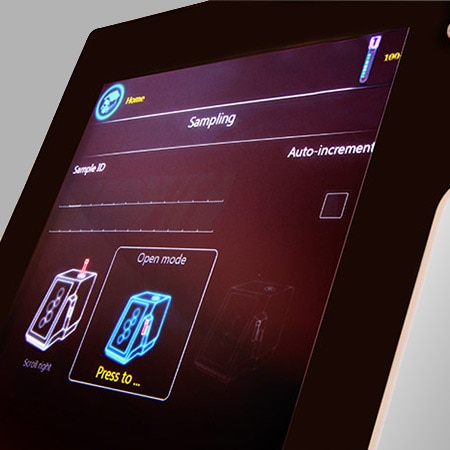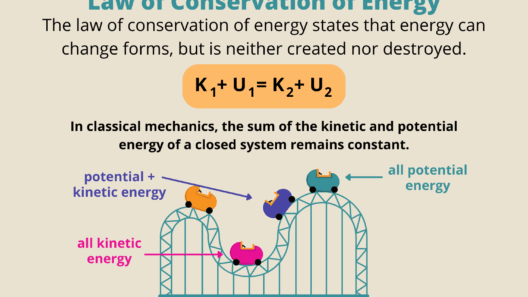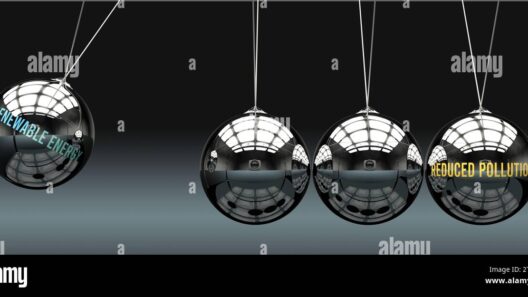The concept of conserving body energy, particularly for individuals living with Persistent Overlapping Complex Disorders (POCD), is pivotal for enhancing overall well-being. For many, managing strength amidst such conditions might seem daunting. However, understanding and implementing effective strategies can lead to a profound shift in one’s perspective. This article will unveil various techniques and lifestyle adjustments that not only facilitate energy conservation but also encourage a more fulfilling existence. One might wonder if sustainable changes can indeed be achieved. The answer lies in the integration of mindfulness and pragmatism into daily routines.
To commence, it is essential to fathom the intricacies of energy dynamics within the body. Each human body operates utilising a finite reservoir of energy, which is often depleted through undue stressors that come with POCD. Thus, comprehending the ebbs and flows of one’s energy levels is paramount. Individuals may find it beneficial to maintain an energy journal, meticulously chronicling daily activities and their subsequent impact on energy levels. This practice fosters awareness and cultivates an ability to discern patterns, allowing one to develop tailored strategies for energy management.
Strategic planning plays an imperative role in conserving energy. Prioritization of tasks, both mundane and significant, can morph daily routines into manageable sequences. Establishing a hierarchy of responsibilities allows individuals to focus on high-priority tasks when their energy reservoirs are at their peak. Conversely, less taxing duties can be allotted to times of diminished strength. This effective scheduling fosters an environment where one can thrive rather than merely survive.
Holistic approaches to physical activity also warrant contemplation. Engaging in regular, moderate exercise can be counterintuitive; yet, it is pivotal. Gentle activities such as yoga, tai chi, or swimming enhance not only physical health but also mental clarity. These practices stimulate the body’s systems without overwhelming its reserves. The key is consistency rather than intensity. Through these gentle exercises, individuals may unlock reservoirs of latent strength, thereby improving overall energy efficiency.
Moreover, nutrition serves as a cornerstone of energy management. A well-balanced diet rich in essential nutrients provides the building blocks required for optimal function. Incorporating whole foods, such as lean proteins, whole grains, fruits, and vegetables, can enhance energy production at a cellular level. Additionally, staying hydrated cannot be overstated; dehydration often masquerades as fatigue. Regular intake of water or herbal teas not only replenishes bodily fluids but can invigorate cognitive processes and maintain physical vigor.
Another vital intervention is the cultivation of healthy sleep habits. Sleep is the body’s natural restorative process, significantly influencing energy levels. Establishing a sleep regimen that involves consistent sleep and wake times aids in synchronizing the body’s internal clock, promoting deeper and more restful sleep. Incorporating relaxation techniques such as meditation or deep-breathing exercises before bed can enhance sleep quality. Indeed, slumber is not merely a state of inactivity; it is a vital period for recovery and energy restoration.
Maintaining social connections can also play an influential role in energy conservation. Engaging with a support network fosters emotional resilience, which can mitigate the perceived burden of fatigue. Sharing experiences and challenges can illuminate pathways for coping strategies that may not have been previously considered. Community resources, such as support groups, are invaluable for facilitating these connections, providing solace and shared understanding.
Transitioning towards a mindful consumption of media is another often-overlooked strategy. Exposure to distressing news or negative social media interactions can sap energy levels, leading to emotional fatigue. Constructing a media diet that emphasizes uplifting, educational, or motivational content can not only elevate mood but also inspire action and connection in a world that often feels overwhelming. Equally, allocating time for hobbies fosters joy and creativity, both of which are essential for recharging one’s spirit.
Equally significant is the practice of self-compassion. For those living with POCD, acknowledging and accepting the limitations imposed by the condition is imperative. Instead of self-recrimination for perceived shortcomings, fostering an attitude of kindness towards oneself encourages resilience. Embracing one’s identity, with all its complexities and challenges, is a profound step toward reclaiming agency over one’s life and energy.
Administrative aspects of life, such as organizing one’s environment, can lead to significant energy savings. Clutter can be physically and mentally exhausting; therefore, simplifying surroundings can alleviate unnecessary distractions. This can create a serene and efficient atmosphere conducive to focus and productivity. A neatly organized space can promote a sense of control and order, significantly reducing cognitive load.
Lastly, setting realistic expectations is crucial. It is vital to acknowledge that energy levels may fluctuate, and thus flexibility in plans should be prioritized. Allowing oneself to pivot in response to bodily signals, rather than resisting them, opens doors to a deeper understanding of one’s limits and capabilities. Accepting that some days may be more challenging than others does not equate to defeat; rather, it signifies resilience and adaptability.
In conclusion, managing strength while living with POCD requires a multifaceted approach aimed at energy conservation. By embracing strategic planning, holistic activity, nourishing nutrition, quality sleep, social connections, mindful consumption of media, self-compassion, environmental organization, and realistic expectations, individuals can transform their experiences from mere survival to thriving. This journey is not merely about fatigue management; it is an exploration into the depths of personal agency, wellness, and fulfillment. Rather than viewing energy management as a burdensome endeavor, perhaps it is an invitation to rediscover oneself and the world afresh. Let this be the moment to shift perspectives and embrace the endless possibilities that lie within the art of conserving body energy.








